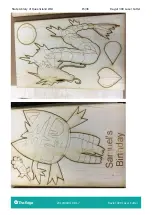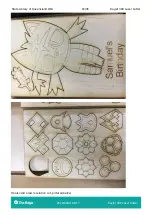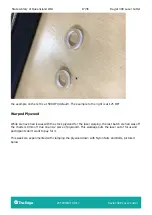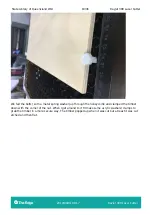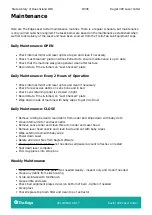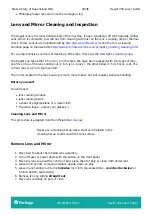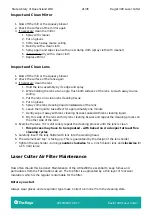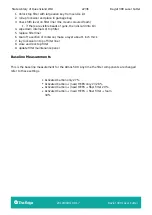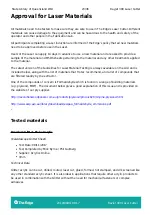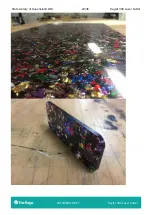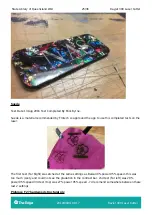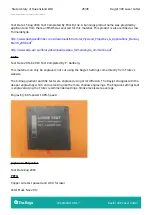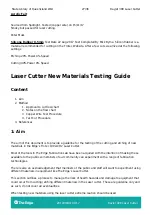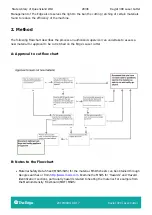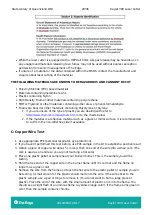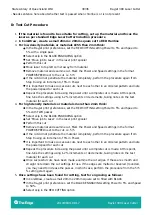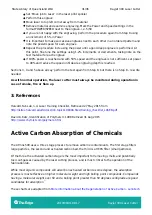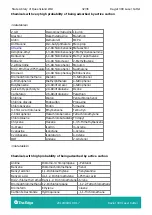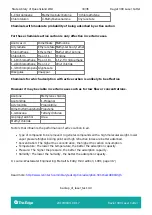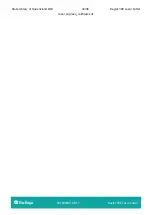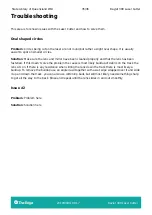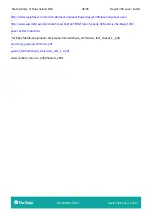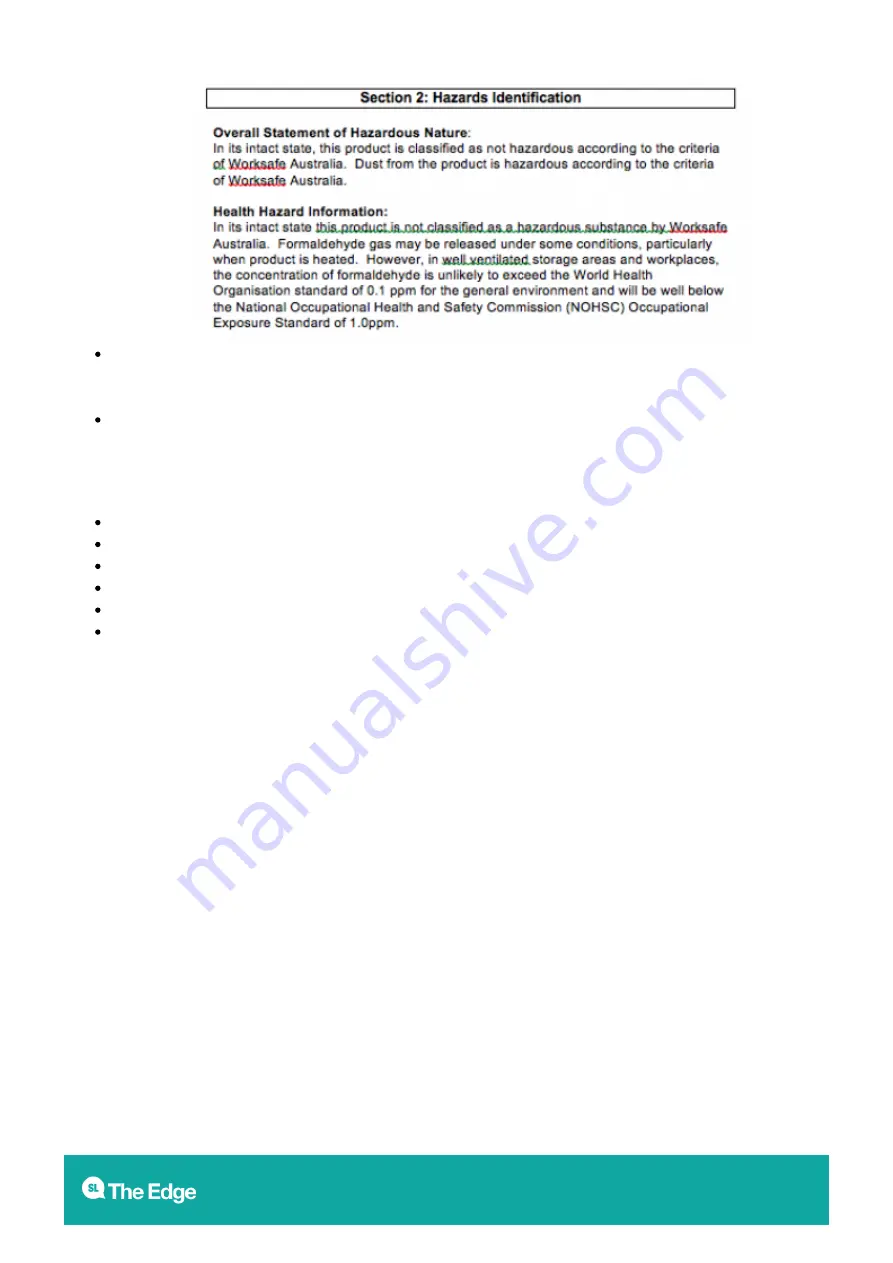
State Library of Queensland Wiki
29/36
Rayjet 300 Laser Cutter
2019/08/01 08:17
Rayjet 300 Laser Cutter
While the laser cutter is equipped with a HEPA air filter, ALL gas release may be hazardous, so
any unapproved materials releasing toxic fumes may not be used without express exception
permission from senior management of The Edge
If unsure of a material or the data contained within the MSDS, contact the manufacturer and
enquire about laser cutting of the material
THE FOLLOWING MATERIALS ARE KNOWN TO BE HAZARDOUS AND CANNONT BE CUT
Polyvinylchloride (PVC) based materials
Materials containing melamine resins
Plastics containing Nylon
High Density Foam or other materials containing polyurethane
MDF or Plywood or other materials containing either urea- or phenol-formaldehyde
Foam-core board or other materials containing Polystyrene or Styrene
If you are unsure of the type of plastic you are dealing with refer to
1.
http://www.chymist.com/polymers.html
If the material is a reflective material such as a glass or mirror surface, it is recommended
2.
to cut from the non-reflective side if available
C: Copper Wire Test
Use appropriate PPE (personal respirator, eye protection)
1.
If you haven’t performed this test before, use PVC sample in the kit to establish a positive result
2.
Obtain a piece of copper wire about 5 cm long. Push one end of the wire into a small cork. (The
3.
cork is used as a handle so you are not touching a hot wire)
Place one plastic pellet or sample near your Bunsen burner. This is the sample you will be
4.
testing
Hold the free end of the copper wire in the burner flame until it is red hot and the flame no
5.
longer has a green color
Remove the wire from the flame and touch the hot wire to the plastic pellet or sample you will
6.
be testing. A small amount of the plastic should melt onto the wire. If the wire sticks to the
plastic sample, use a pair of tongs to remove it. (You do not want to burn a large piece of
plastic). Place the end of the wire, with the small amount of plastic on it, into the flame. You
should see a slight flash of a luminous flame (a yellow-orange color). If the flame turns green in
color, then the sample contains chlorine

